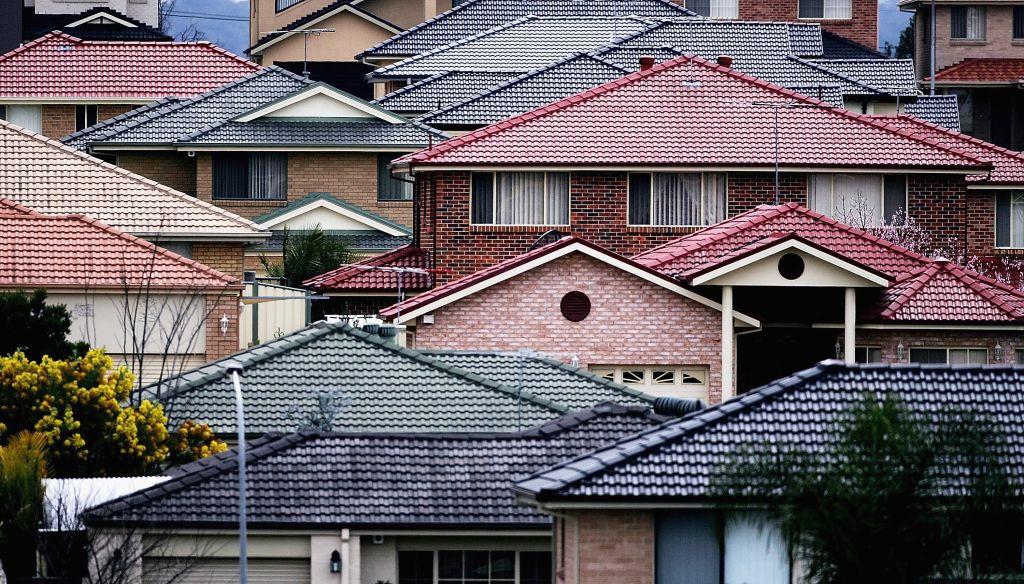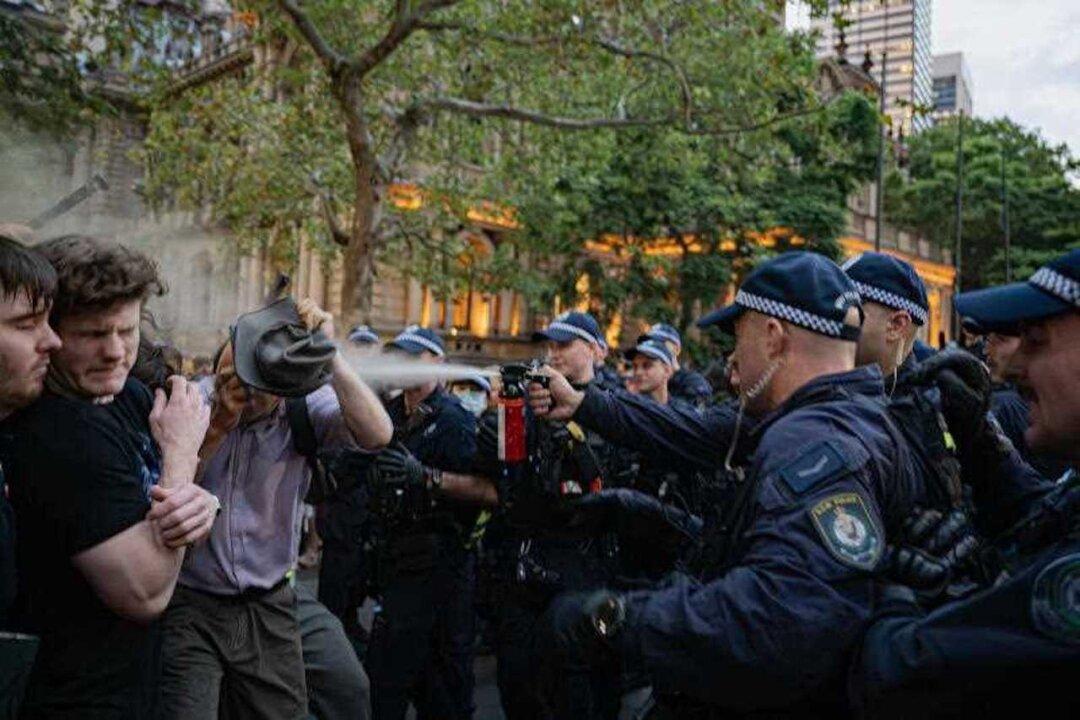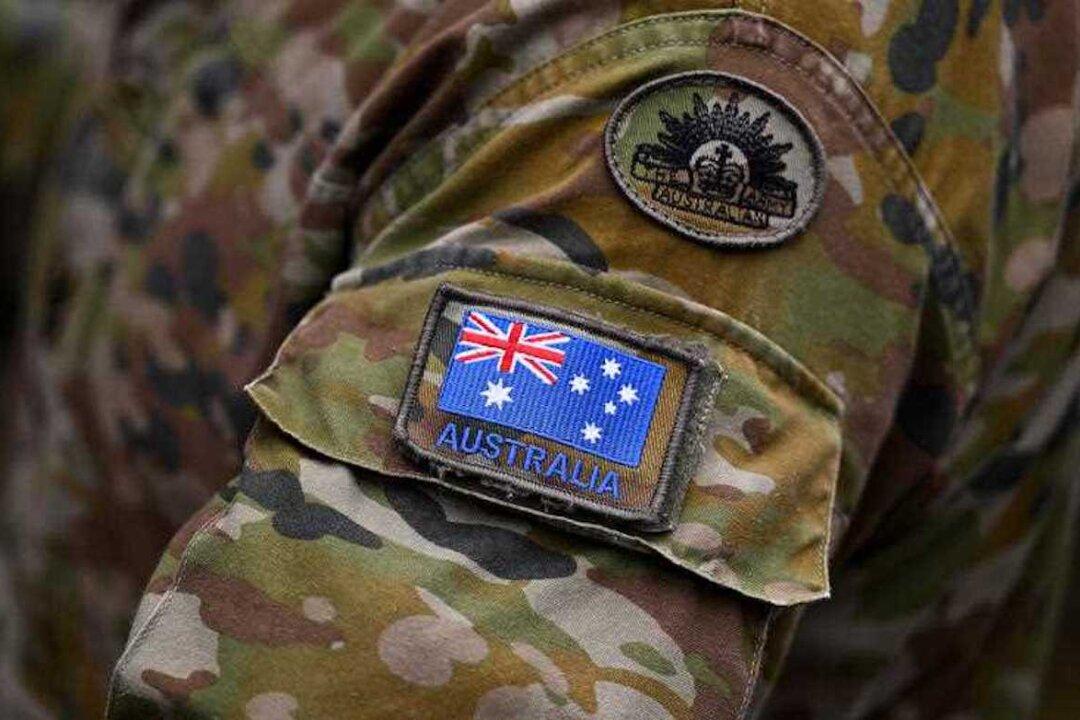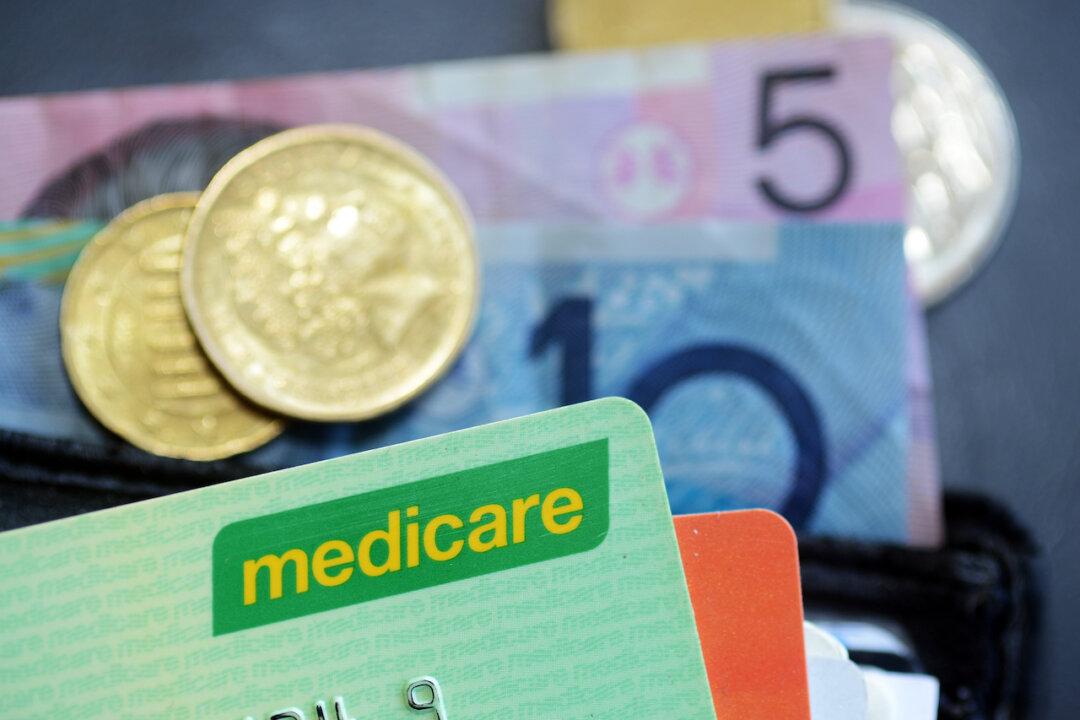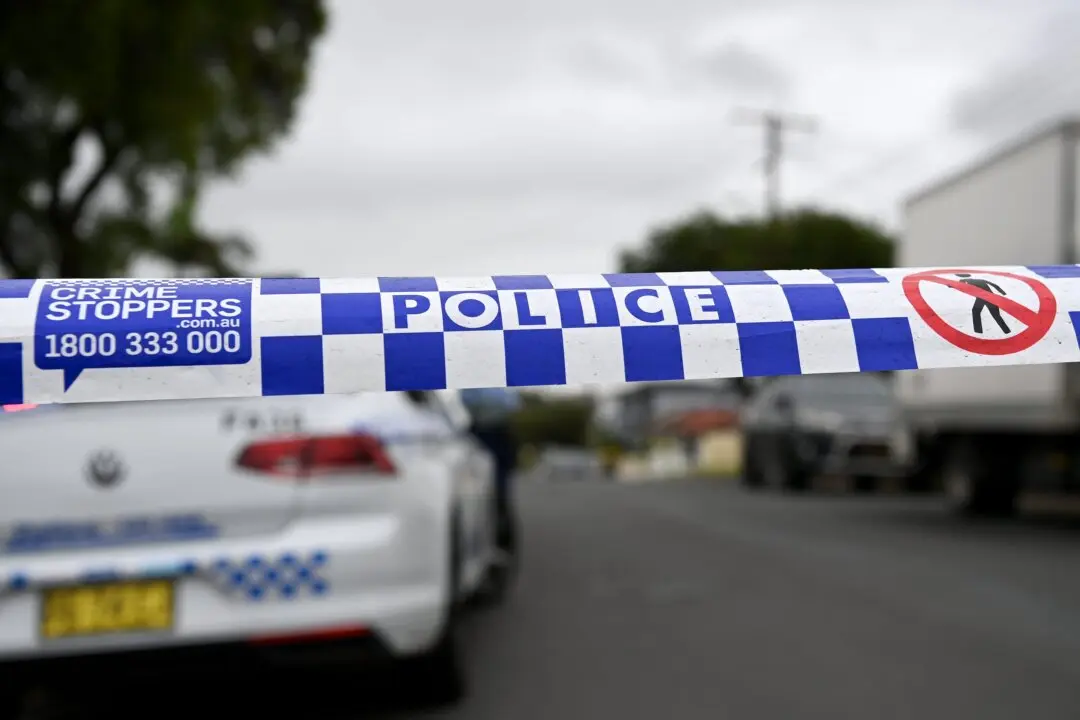Thousands of Sydney homes will be powered using wastewater under a new plan to use the waste matter to generate gas.
NSW Water Minister Melinda Pavey says wastewater from Sydney’s Malabar treatment plant—the largest in the country—will be used to generate biomethane.
